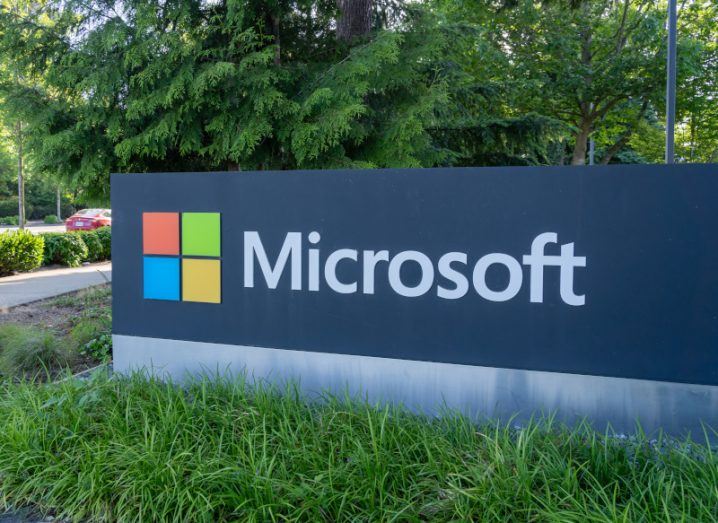Microsoft is set to invest $80 billion in artificial intelligence (AI)-enabled data centers worldwide during the fiscal year 2025, with more than half of the investment allocated to the United States.
This initiative, outlined by Brad Smith, Microsoft’s vice-chairman and president, aims to fortify the company’s position in AI and cloud computing while addressing the growing global competition with China.
In a blog post on January 3, Smith emphasized that this substantial investment would accelerate the development and deployment of advanced AI models and cloud-based applications globally.
The initiative will focus on regions influenced by China’s Belt and Road Initiative, a strategy through which China invests in infrastructure across Asia, Africa, and Europe to extend its geopolitical reach.
- Advertisement -
Smith expressed concern over China’s AI strategies, likening its approach to its dominance in telecommunications, achieved through significant government subsidies. He highlighted how China’s subsidized access to AI chips and data centers could reshape global AI dynamics, especially in emerging markets such as Africa and Asia. However, Smith argued that the U.S. private sector’s investments and innovation, including Microsoft’s, offer a competitive edge in trust, privacy, and security.
Part of Microsoft’s broader strategy includes the construction of advanced AI supercomputers like the “Stargate” project, developed in partnership with OpenAI. This initiative, expected to cost up to $100 billion, involves building a 700-acre data center in the U.S. powered by nuclear energy to meet its substantial energy demands. The supercomputer will enhance AI research and development, driving innovations in natural language processing, computer vision, and other fields.
One of the most significant implications of Microsoft’s investment is the increased access to AI technology that African countries will enjoy. This will enable them to leapfrog traditional development stages and accelerate their economic growth, driving innovation and transformation across various sectors.










